Most people think of the elderly as having age-related health problems. This is true – an older body is weaker and more prone to illness and injury – but not every condition can be attributed to old age.
In fact, if someone has suffered from a lifelong condition (either physical or mental), then it probably hasn’t gone away and it’s still a part of who they are. When you’re making a list of the symptoms and issues that an older family member is suffering from, remember not to just ‘bundle in’ the things that you already know.
Conditions that might not be diagnosed…
Mental health conditions affect people of all ages. Some are lifelong – we’re born with them and, though we might learn to adapt, they never go away. Other conditions are acquired as we go through life; arguably, we might be predisposed to certain things genetically.
It’s worth remembering that many mental health diagnoses are still relatively new. There are some conditions that older people might have had all along, but that they won’t ever have been diagnosed with because the conditions simply weren’t recognised. They’ll be so used to their condition that it might not even be recognisable anymore, and they certainly won’t be diagnosed in the course of routine investigation.
Some physical conditions aren’t attributed to old age…
There are many physical conditions that are much more common in older people than in younger people. This doesn’t mean that younger people don’t get these conditions. Your elderly relative might have been having a certain health issue for a number of years, but as they get older it’s possible that everything might be lumped together under the category of ‘ailments of old age’.
What you should do…
-
Be an advocate for an elderly relative. Once we reach a certain age, illnesses and mental health problems are often glossed over as ‘just one of those things’. This shouldn’t be the case, and by speaking up on behalf of a loved one you can help their conditions to be taken more seriously.
-
Encourage behaviours that help. This might mean staying active, even if long-distance running has to be pushed aside in favour of chair exercise, or doing mindfulness exercises and activities like card games and jigsaw puzzles to keep the mind alert and calm.
-
Remember that it’s never too late. If you recognise signs that your loved one might have a certain condition that they haven’t yet been diagnosed with, then don’t hesitate to help them to seek more information. Being 70, 80, 90 or older shouldn’t mean that anyone has to miss out on what could be a helpful diagnosis.
-
Provide support in every form. As well as lending a shoulder to cry on and a listening ear, you can provide practical support. This includes finding the right mobility equipment, daily living aids and fitness equipment to help an elderly relative to live more independently and healthily, and also covers helping them to access social groups and medical appointments that can aid them at every stage.
If you have any questions, or are looking to source products that can help either yourself, or a friend or relative, please get in touch and we’ll be glad to help.

 Bathroom Aids
Bathroom Aids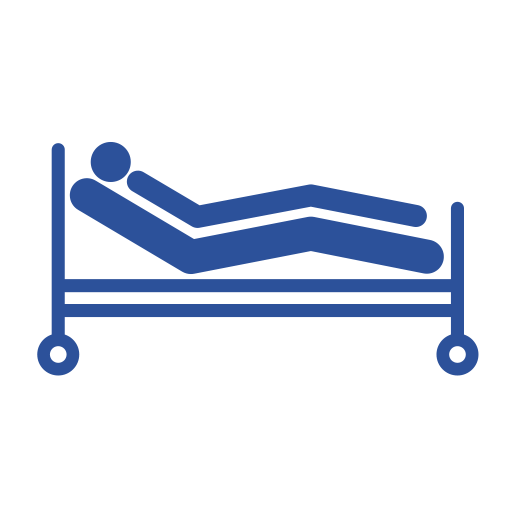 Beds & Bed Aids
Beds & Bed Aids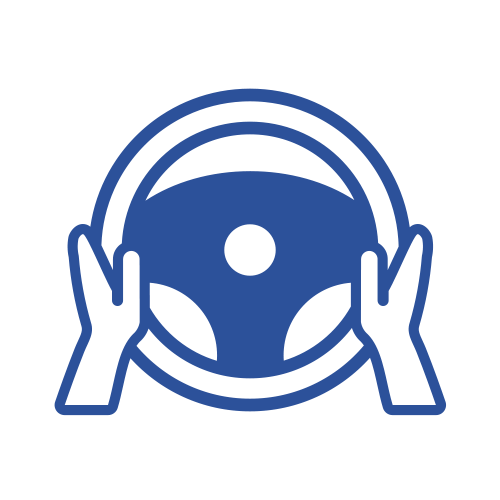 Car & Travel Aids
Car & Travel Aids Chairs & Seating Aids
Chairs & Seating Aids Cleaning & Hygiene
Cleaning & Hygiene Comfort & Dressing
Comfort & Dressing Continence Care
Continence Care Cushions & Supports
Cushions & Supports Daily Living Aids
Daily Living Aids Disabled Ramps
Disabled Ramps Footwear & Footcare
Footwear & Footcare Health & Medical Aids
Health & Medical Aids Medical Professionals
Medical Professionals Mobility Scooters
Mobility Scooters Paediatric Equipment
Paediatric Equipment Parts & Spares
Parts & Spares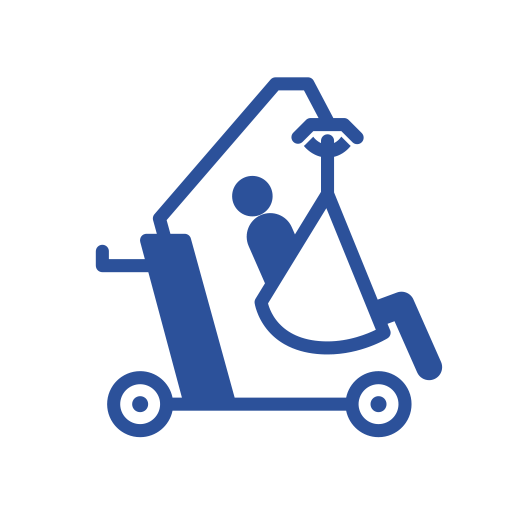 Patient Handling
Patient Handling Stair Lifts
Stair Lifts Therapy & Orthopaedics
Therapy & Orthopaedics Toileting Aids
Toileting Aids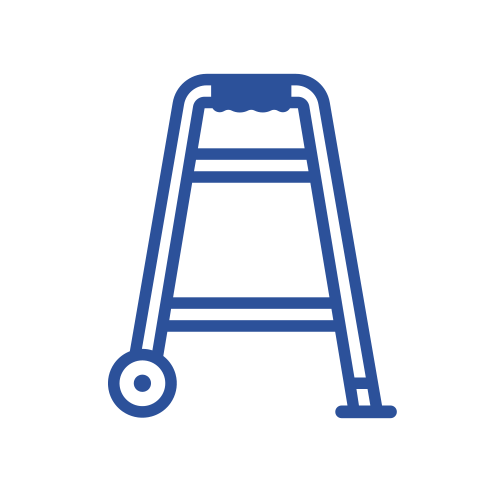 Walking Aids
Walking Aids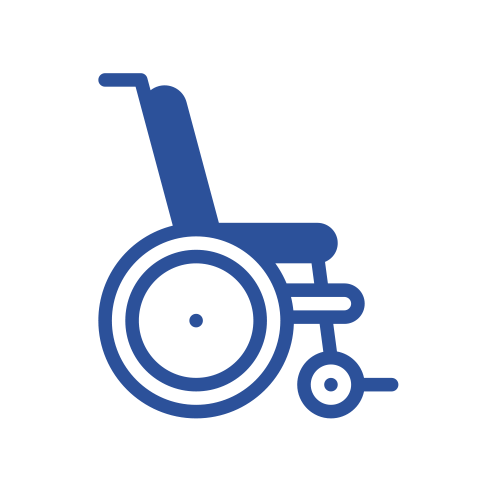 Wheelchairs
Wheelchairs




